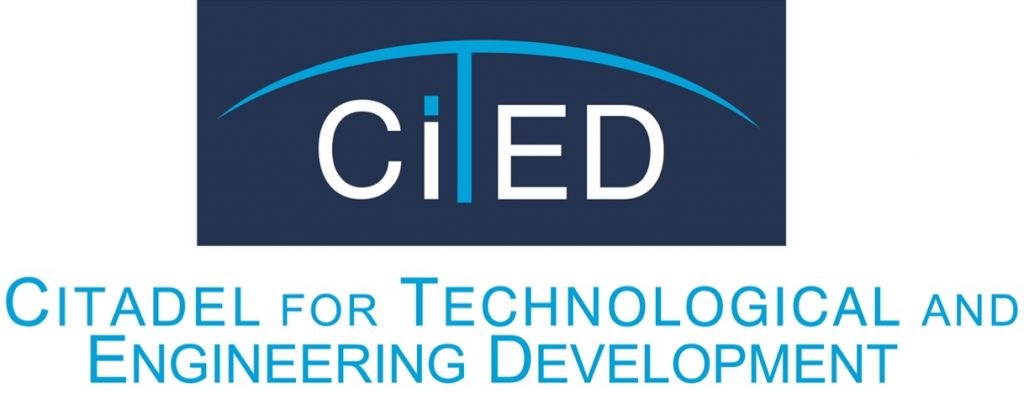This intensive 3-day training program offers a comprehensive and practical approach to learning PLC programming and troubleshooting.

PLC Programming and Troubleshooting for Industrial Applications
Course Introduction
Overview:
This 3-day intensive training program is designed to provide participants with a comprehensive understanding of Programmable Logic Controllers (PLCs) and their applications in industrial automation. The course will cover the fundamentals of PLC programming, troubleshooting techniques, and practical hands-on experience.
Key Focus Areas:
- PLC Hardware and Architecture
- Ladder Logic Programming
- Input/Output Modules and Field Devices
- Troubleshooting and Diagnostics
- Safety PLC Systems
Target Audience:
This course is ideal for electrical engineers, automation technicians, maintenance engineers, and other professionals working in industrial automation who want to enhance their skills in PLC programming and troubleshooting.
About the Course:
The course will combine theoretical concepts with practical, hands-on exercises to provide a well-rounded learning experience. Participants will learn how to:
- Select the appropriate PLC for a given application
- Develop efficient and reliable PLC programs using ladder logic
- Configure input/output modules and field devices
- Troubleshoot and diagnose PLC system faults
- Implement safety measures in PLC-based systems
Course Objectives:
Upon completion of this course, participants will be able to:
- Understand the basic principles of PLC operation and architecture
- Develop and implement PLC programs using ladder logic
- Configure and troubleshoot input/output modules
- Diagnose and resolve common PLC system faults
- Apply safety standards and practices in PLC-based systems
Course Outline
Day 1: PLC Fundamentals and Ladder Logic Programming
- Morning Session:
- Introduction to PLCs and their applications in industry
- PLC hardware components and architecture
- Basic input/output modules and field devices
- Ladder logic programming basics: rungs, contacts, coils, and timers
- Afternoon Session:
- Hands-on exercise: Creating simple ladder logic programs
- Case study: Developing a PLC program for a conveyor system
Day 2: Advanced Ladder Logic and Troubleshooting
- Morning Session:
- Advanced ladder logic programming techniques: counters, math functions, and data manipulation
- Creating structured and modular PLC programs
- Implementing safety functions in PLC systems
- Afternoon Session:
- Hands-on exercise: Developing complex PLC programs
- Troubleshooting techniques: using diagnostic tools and fault-finding strategies
Day 3: PLC Troubleshooting and Real-World Applications
- Morning Session:
- Advanced troubleshooting techniques: analyzing fault codes and system logs
- Simulation-based troubleshooting exercises
- Case study: Troubleshooting a real-world PLC system failure
- Afternoon Session:
- Real-world PLC application: Industry 4.0 and IoT integration
- Future trends in PLC technology and automation
Course Outcomes:
By the end of this course, participants will have a solid understanding of PLC technology and be able to:
- Design and implement efficient PLC control systems
- Troubleshoot and maintain PLC-based systems
- Apply safety standards and practices in PLC systems
- Adapt to emerging technologies and trends in industrial automation
Conclusion:
This intensive 3-day training program offers a comprehensive and practical approach to learning PLC programming and troubleshooting. By attending this course, you will gain the skills and knowledge necessary to excel in the field of industrial automation.

